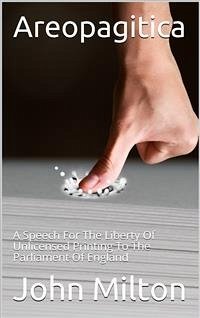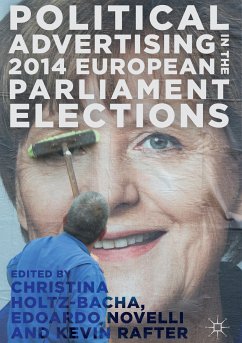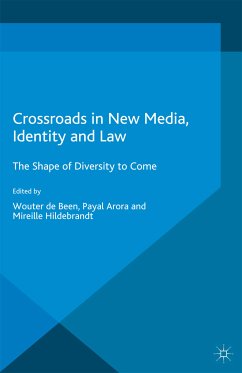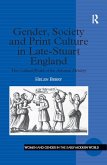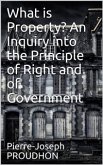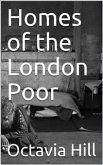Areopagitica; A speech of Mr. John Milton for the Liberty of Unlicenc’d Printing, to the Parlament of England is a 1644 prose polemic by the English poet, scholar, and polemical author John Milton opposing licensing and censorship. Areopagitica is among history's most influential and impassioned philosophical defences of the principle of a right to freedom of speech and expression. Many of its expressed principles have formed the basis for modern justifications. Areopagitica was published 23 November 1644 at the height of the English Civil War. It takes its title in part from Areopagitikos, a speech written by Athenian orator Isocrates in the 4th century BC. (The Areopagus is a hill in Athens, the site of real and legendary tribunals, and was the name of a council whose power Isocrates hoped to restore.) Some argue that it is more importantly also a reference to the defense that St Paul made before the Areopagus in Athens against charges of promulgating foreign gods and strange teachings, as recorded in Acts 17:18–34. Before presenting his argument, Milton defends the very idea of writing a treatise such as Areopagitica. He compliments England for having overcome the tyranny of Charles I and the prelates, but his purpose is to voice his grievances. Milton defends this purpose, holding that to bring forth complaints before the Parliament is a matter of civil liberty and loyalty, because constructive criticism is better than false flattery. He concludes his introduction by encouraging Parliament to obey "the voice of reason" and to be "willing to repeal any Act" for the sake of truth and upright judgment. Milton also thinks that England needs to be open to truth and understanding, which should not be monopolised by the government's standards. Faith and knowledge need exercise, but this Order will lead to conformity and laziness. Licensing will hinder discovery of truth by the government's prejudice and custom, because there will always be more truth to be found that we do not yet know of. Milton thinks that licensing could potentially hinder God's plans, since it gives the licenser the power to silence others.
Bitte wählen Sie Ihr Anliegen aus.
Rechnungen
Retourenschein anfordern
Bestellstatus
Storno

